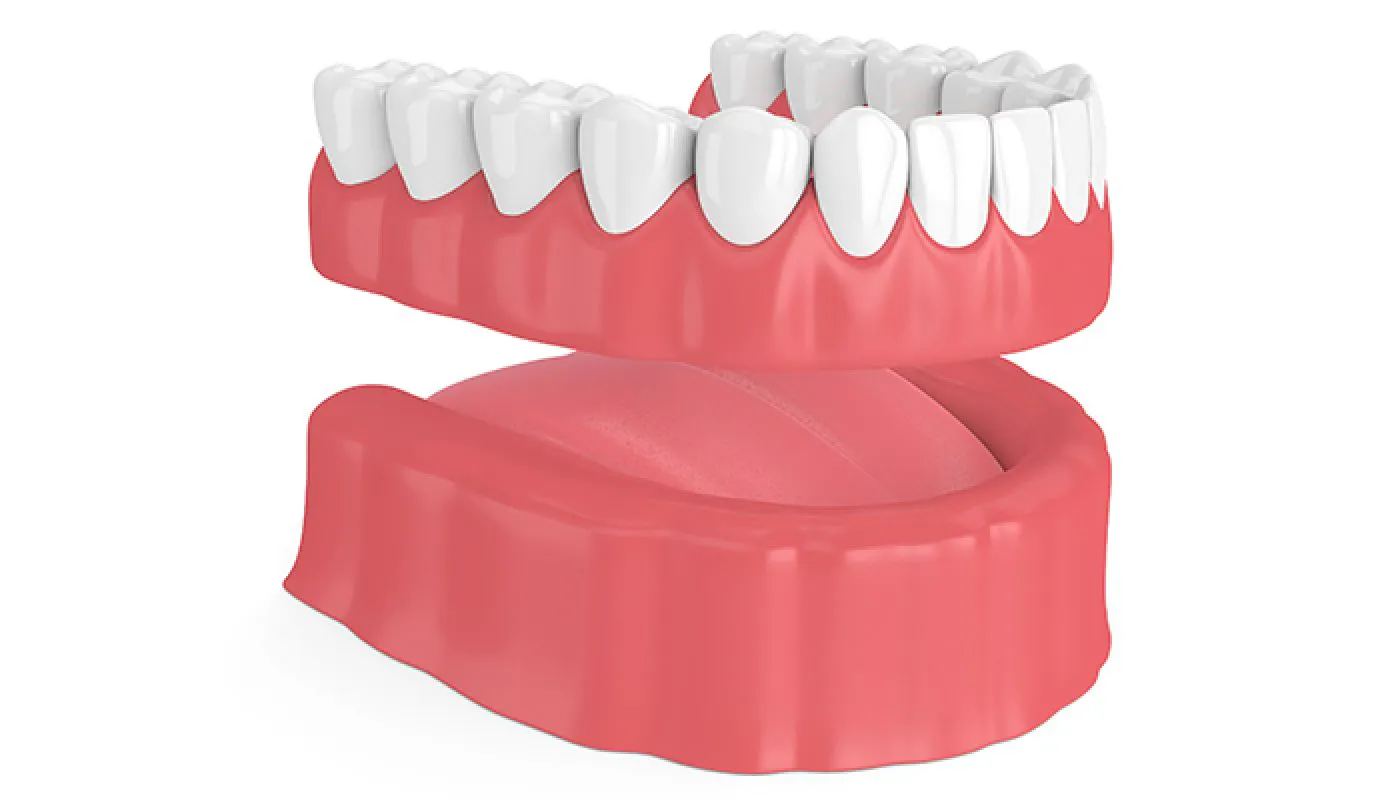What to expect from your new dentures
New dentures always feel strange when first placed in your mouth. Several days or weeks will be required before you get accustomed to them. Adaptation varies with different persons and often time and experience are essential before dentures can be worn comfortably and function effectively.
Suggestions to help you adapt to your dentures:
Eating – Eating will take a little practice. Start with soft foods and foods cut into small pieces will help. Chew slowly using both sides of your mouth at the same time to prevent dentures from tipping. Once you become accustomed to chewing, include other foods until you return to your normal diet.
Increased salivary flow – You may experience an increase in salivary flow when the dentures are first inserted. This is a natural response of the salivary glands that will return to normal after a few weeks. You can improve the situation by swallowing more often.
Speech – New dentures may alter your speech initially. Pronouncing certain words may require practice. Reading out loud and repeating troublesome words will speed up the adaptation process. This problem rarely persists beyond two weeks.
Sore spots – Minor irritation caused by surface irregularities or pressure spots on the denture-bearing areas are quite common.
Your dentist will relieve the discomfort by adjusting the denture surface. Stop wearing the denture if the irritation is very painful. Consult your dentist immediately.
Unfortunately, even the best made dentures may still not be fully retentive. A lack of bone contour or inadequate muscle control may limit how well dentures will stay in place. We can use dental implants to firmly fix dentures in place. Please see our Implants page for more information.









